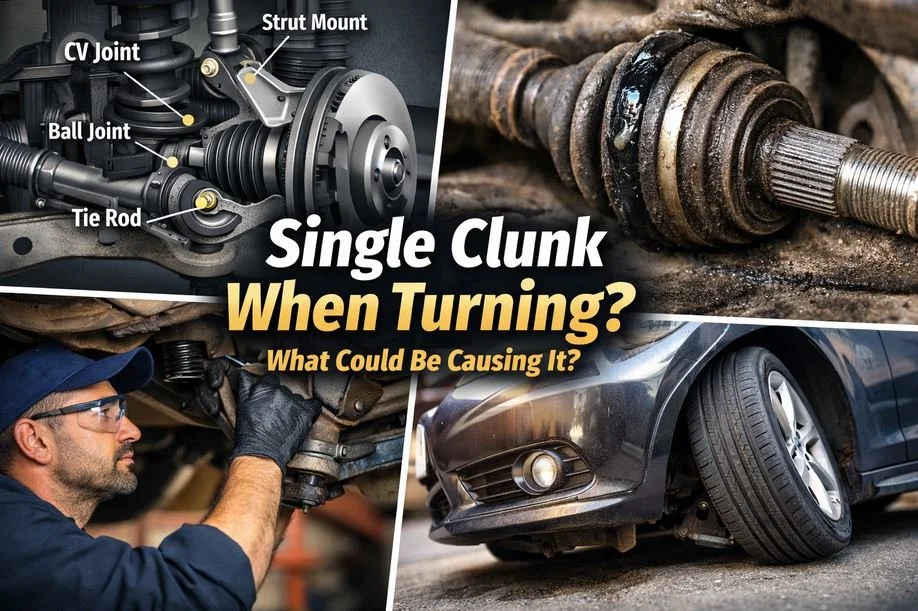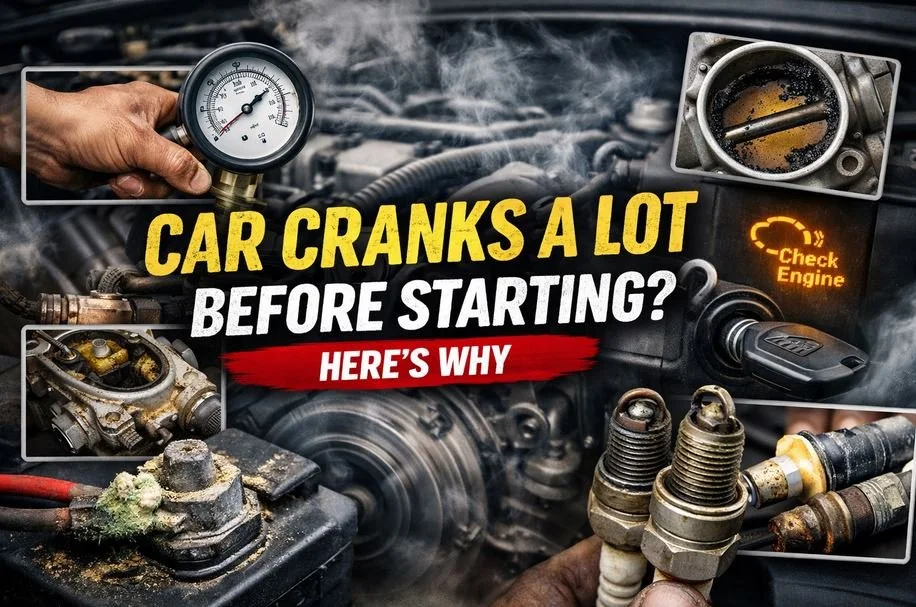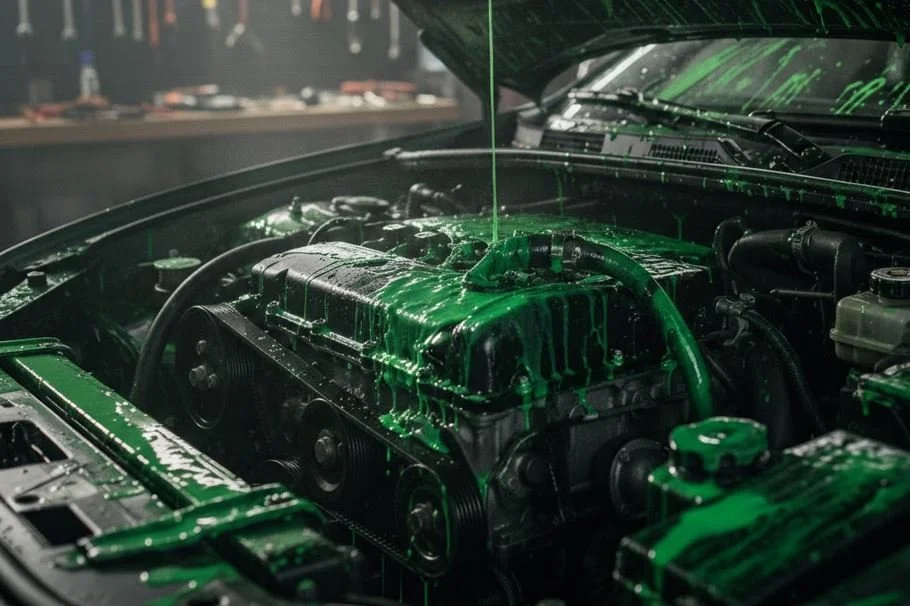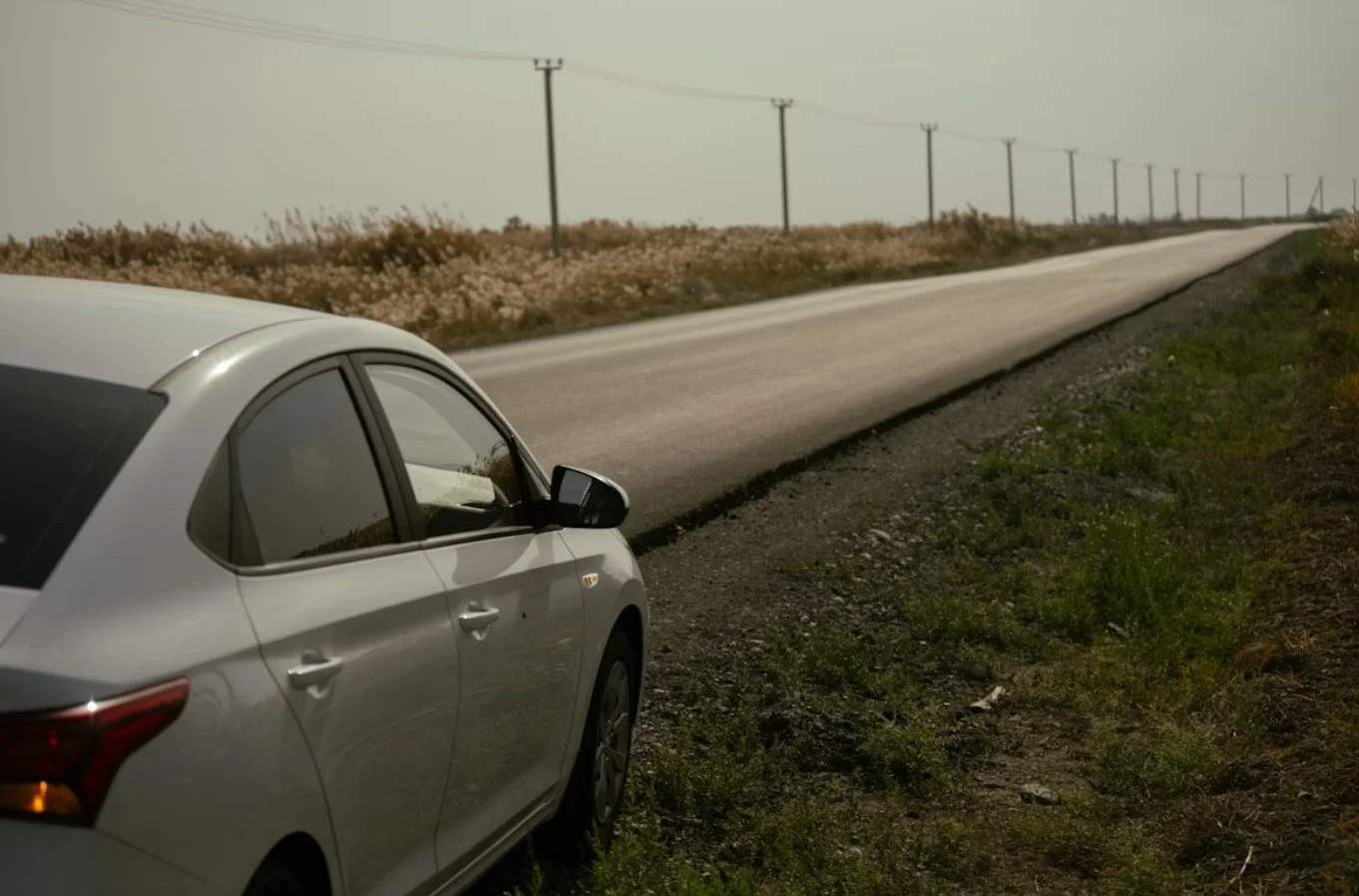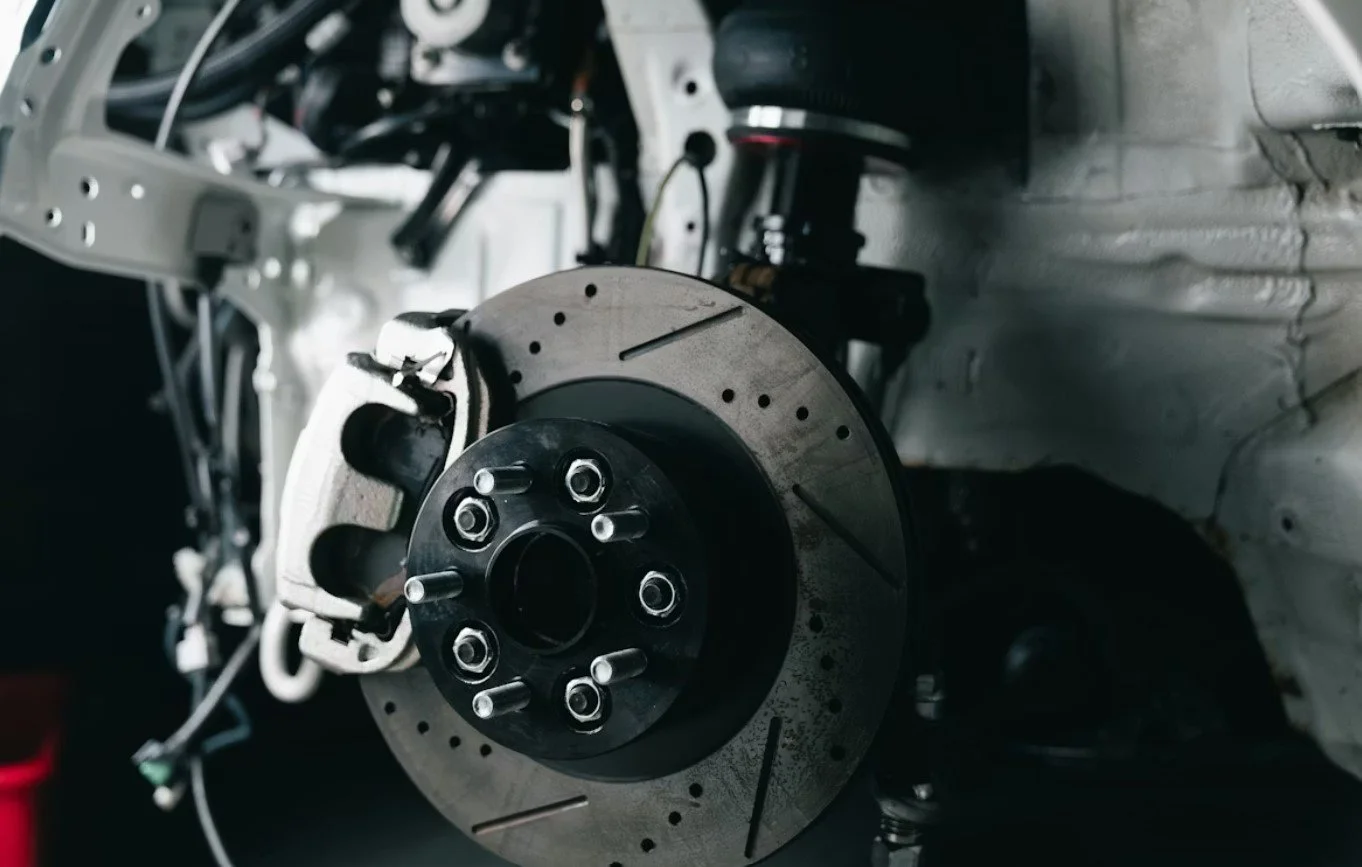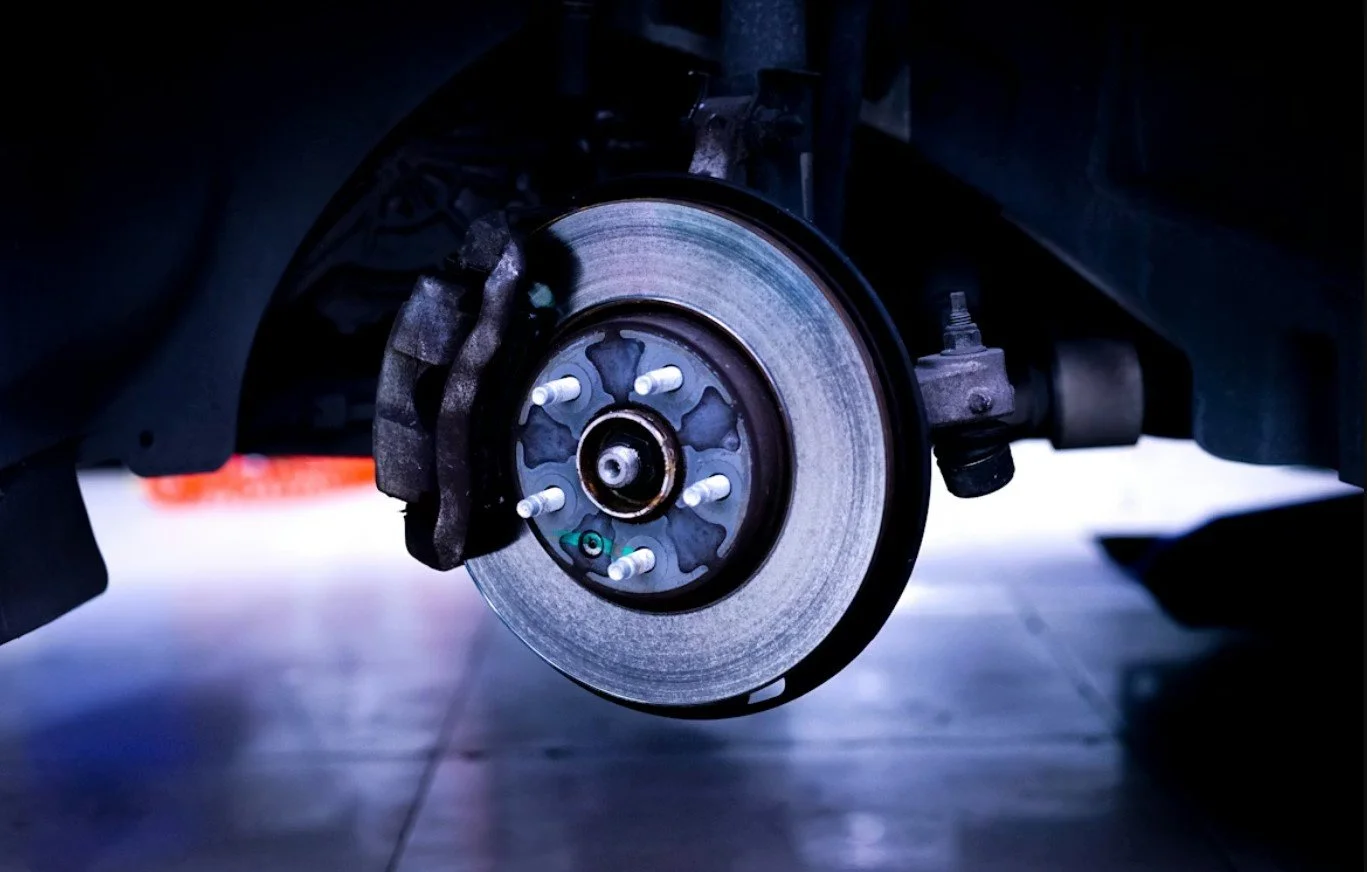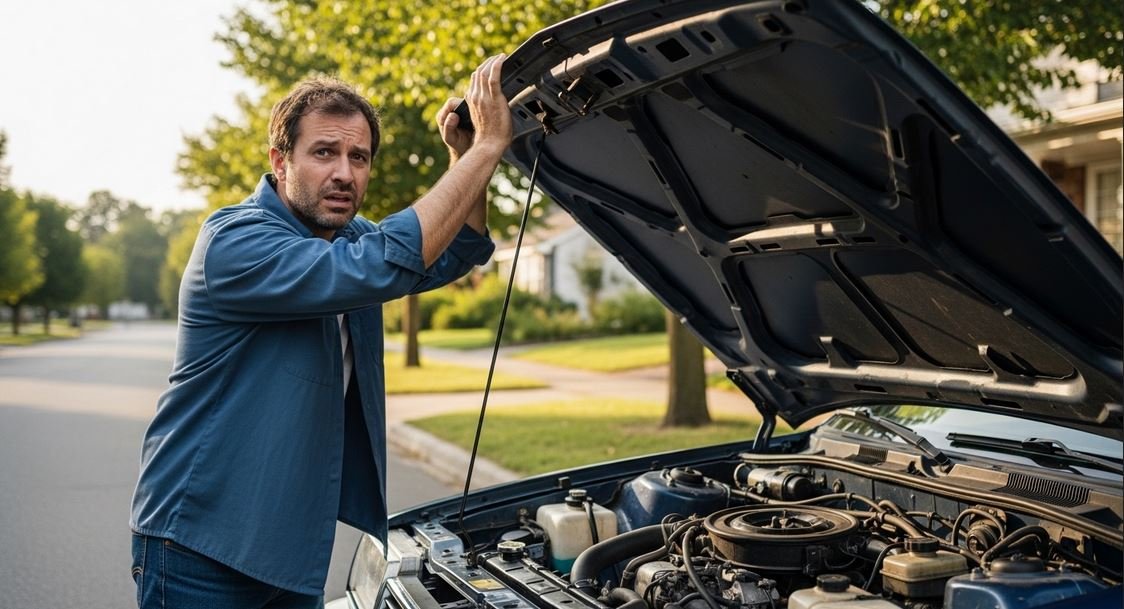How Much Does It Cost to Own a Car in Chicago?
Chicago, the third-largest city in the United States, has a vibrant transportation network that connects communities across the city. With a population of nearly three million people, the beautiful city provides various expressways, transit systems, bus services, tourist trolleys, passenger and freight rail, taxis, bicycle and scooter sharing systems to accommodate its people, tourists, and travelers alike.
According to the Chicago Public Transportation Statistics provided by Wikipedia, the average Chicago commuter spends 86 minutes every day traveling to and from work on public transit. Of public transit riders, 28% ride for more than 2 hours every day. On average, commuters wait at stops or stations for 15 minutes; 21% of riders wait for over 20 minutes. The average trip is 6.3 miles (10.1 km), while 28% travel over 7.5 miles (12.1 km) in a single direction.
Every day you see people travel all across the city to go to work, to visit their family and friends, to meet new people, to discover other cultures, to watch beautiful scenery, to seek inspiration, to find love, and to find themselves. Although Chicago City has vast public transportation services, having a car is still one of the most convenient ways to travel.
A car or automobile can be described as a wheeled motor vehicle that gets you from point A to point B, to infinity and beyond. A car can be an important necessity in your life - traveling to and from work, sending your kids to and from school, going on business trips, family gatherings, etc. Meanwhile, some use the car as a status symbol or a luxury vehicle.
Here are some good reasons why most people prefer to have their own car:
A Car Can Give You Freedom.
Having your own car gives you the freedom of movement. You can go wherever you like or whenever you like.
A Car Can Give You Comfort.
You can have your own space of privacy and comfort especially during prolonged travel or long-distance trips.
A Car Can Give You Better Safety.
Riding your own car can ensure you the feeling of better safety. You can avoid the thought of being stuck on a subway train or a jam-packed bus.
A Car Can Save You Time.
Driving your own car can save you time, especially when traveling from one city to another.
A Car Can Give You Happiness.
Sometimes having a car can fulfill your wants, needs, and lifestyle demands. Better enjoy the many things that life can offer and reward yourself!
There can be many more good reasons why people need a car and with the right budget and the right plan, the possibilities of having one are truly endless. You may simply imagine driving your car, breezing happily within the Chicago City, thinking that dreams do indeed come true. Yet, reality comes raining down and you wonder how much it would cost to own a car in Chicago. You must be aware that brand new cars can be quite expensive unless you have allocated a budget for it. The good news is that there are many car dealers, car sellers, and car brokers in Chicago that offer affordable used cars for sale. Learn more about one of Chicago’s leading used car buyers here.
Below are some factors that could give you an idea of the cost of owning a car:
Choice of Vehicle
The cost of the used car may range from less than $5,000 to more than $50,000, higher up & more. The price varies greatly with the choice of vehicle, specifically the brand make, model, year, and features & specs (convenience, entertainment, safety, seating, etc.). Other important basic aspects to consider include:
Unique Vehicle Identification Number (VIN)
Drivetrain: All-wheel drive (AWD), Front-wheel drive (FWD), Rear-wheel drive (RWD), and Four-wheel drive (4WD)
Fuel Type: Gasoline, Diesel
Color: Exterior, Interior
Transmission: Manual, Automatic, and Continuously Variable Transmission (CVT)
Engine and Horsepower
Mileage (the number of miles traveled or covered)
MPG (miles per gallon)
Vehicle History & Condition
Maintenance Costs
One thing to consider when owning a car is to perform regular car service check-up or car maintenance. The type of car services may depend on the type of vehicle and on how many miles it has traveled in a year. The estimated annual cost of car maintenance may range from $1,000 to $3,000 or more, depending on the repairs and services needed. Maintaining your car regularly is essential as it could ensure road safety, enhance reliability, durability, and performance, prevent roadside emergencies, minimize costly breakdowns and major repair costs, higher resale value, and benefit a cleaner environment. The car maintenance service may include:
Change the engine oil and replace spark plugs
Replace the oil filter, air filter, fuel filter, cabin or air-con filter
Check the battery, charging systems, coolant hoses
Check and replace brake pads, liners, discs, drums, if worn out
Inspect and replace the timing belt or timing chain if needed
Check level and refill automatic/ manual transmission fluid
Check level and refill power steering fluid, brake fluid, and clutch fluid
Check the condition of the tires, grease and lubricate components
Check proper operation of all lights, wipers, car horns, etc.
Use a scan tool and check Engine Control Unit (ECU) for any Error codes and take corrective actions
Car Wash and Auto Detailing
Auto maintenance services can be complemented with car washing and detailing. Make your car stand out when it’s clean, neat, and presentable. Moreover, washing regularly can work real wonders for your car. Cleaning your car can avoid damage and improve safety, condition, and value. You may opt to clean your car by yourself or go visit a car washing service station at least once a week or as necessary. Car wash services can start as low as $3 for the express basic wash to $500 or more with complete detailing. Some car washing companies offer different packages or monthly services. The price may vary with vehicle size (cars, trucks, SUVs). You may also look for The Best 10 Car Wash in Chicago, IL on Yelp.
Car Wash (express, basic, full, premium, premium plus, ultimate)
Carpet Cleaning
Complete Interior/ Exterior Detailing
Fragrance/ Air Freshener
Protectants/ Coating
Polishing Services/ Waxing Services
Scratch Removal
Tunnel Car Wash
Vacuuming
Wheel/ Tire Cleaning
Fuel Costs
The car fuel type may either be diesel fuel or gasoline, which is subdivided into regular, mid-grade, and premium. As of this writing, the cost of gasoline and diesel prices in Chicago ranges from $2.00+ to $3.00+ per gallon (including taxes). You may check the weekly retail gasoline and diesel prices on the U.S. Energy Information Administration and the daily gas prices report on ChicagoGasPrices.com or GasBuddy.com. The car's fuel efficiency (miles per gallon), the road condition, and the specific price of gas in the area can impact the amount of fuel cost you would have to pay each year. You can calculate the fuel efficiency with the following formula (imperial):
MPG Calculator: MPG (miles per gallon) = distance (miles) / average gas consumption (gallons)
City Vehicle Stickers
As mandated by the Chicago City Clerk, “All Chicago residents driving, parking, leasing and/or owning a vehicle for which they are responsible in the City of Chicago are subject to the Chicago Wheel Tax and must purchase a Chicago City Vehicle Sticker. This includes Chicago residents that maintain their registration outside the City of Chicago, but use the vehicle in the city. The Office of the City Clerk determines the make and model according to the Vehicle Identification Number (VIN) as contained in the State Vehicle Registration ID Card and assigns a License Type based on that make and model. Revenue from the Chicago City Vehicle Sticker Sales Program funds the repair and maintenance of more than 4,000 miles of Chicago streets.”
To avoid late fees and fines of $60 (or $30 for senior citizens), Chicago Vehicle Sticker must be purchased within 30 days of residing in the city or acquiring a new vehicle. Vehicles that do not display a current city sticker are subject to a $120 ticket. The city vehicle stickers can be bought via online, mail, or in person. A 15-day grace period was granted to purchase the city vehicle sticker without a late fee or back charge. The annual price of the vehicular city sticker may be between $90 to $500 depending on the vehicle's body type, the vehicle’s weight class, and the license type which is then based on the vehicle make and model.
Parking Tickets
The Office of the City Clerk also offers “Chicago residents living within an established Residential Parking Zone to be eligible to include a Zone Number on their City Sticker and/or purchase Chicago Residential Parking Daily Permits, which are guest passes that are valid for 24 hours upon the date and time of display. The cost to add a Residential Zone to the City Sticker is $25 per year and will be prorated accordingly based on the duration remaining on the City Sticker. Chicago Residential Parking Daily Permits $8 for 1 sheet of 15 permits, $16 for 2 sheets of 15 permits (30) with a limit of three permit sheets at $24 – or 45 permits – per household per 30-day period.” The permits can be ordered online and delivered by mail within 10 business days.
Insurance Payments
Illinois law (625 ILCS 5/7-601) requires all motor vehicle owners to have minimum amounts of auto liability insurance. In addition, lending institutions may require physical damage insurance to protect their interest in a financed vehicle. Car insurance can help protect you from financial loss due to car theft, road conditions, vehicular road accidents, legal fees, repair costs, and medical expenses for you as well as your passengers. Chicago auto insurance rates may range from $300 to $3,000 per year. These rates may be based on the following: insurance company, age, marital status, gender, violation history or accident, credit level or credit tier, etc. You may also find this blog post useful "Best Cheap Car Insurance in Chicago for 2020" by NerdWallet.
Transportation Opportunity Costs
Opportunity cost is an economic term referring to the loss of potential gain from other alternatives when one alternative is chosen. In transportation, this refers to what luxuries or benefits you are willing to give up by choosing something else to get to your destination.
When you choose the option to drive a car instead of taking any mode of public transportation (train, bus, taxi, Uber), the opportunity costs of personal transit may include: Loss of time from getting stuck in gridlock traffic; Less productive since not being able to relax, get enough sleep, plan dinners, read a book, write emails, review presentations, work while in transit; Decreased well-being and increased stressed from driving; Loss on the extra money spent on gas or parking; Decreased health benefits from walking to and from bus stops or subway train stations, etc.
On the other hand, here are some opportunity costs when you choose public transportation option instead of driving a car: Loss of time from lengthy commutes, transfers and frequent stopping on public transit; Limitations of privacy and personal space on crowded buses or trains; Less comfort in being too close with strangers; Planning around transit schedules; Lateness or delays due to peak hours, mechanical failures or weather conditions, etc.
Although owning a car may come as a big responsibility, having the right attitude and knowledge can help a long way. Hoping this blog post has given you some ideas of what to expect and how much the expenses would cost to own a used car in a big city like Chicago.
Sell My Car In Chicago With Enrique For Cash is one of the most trusted Car Buyers in Chicago. We extend our services as a Car Broker as well. We want to guide you in owning a car that best fits your budget and needs. You make the decisions while we help you negotiate the Best Car Deals right here in the city!

